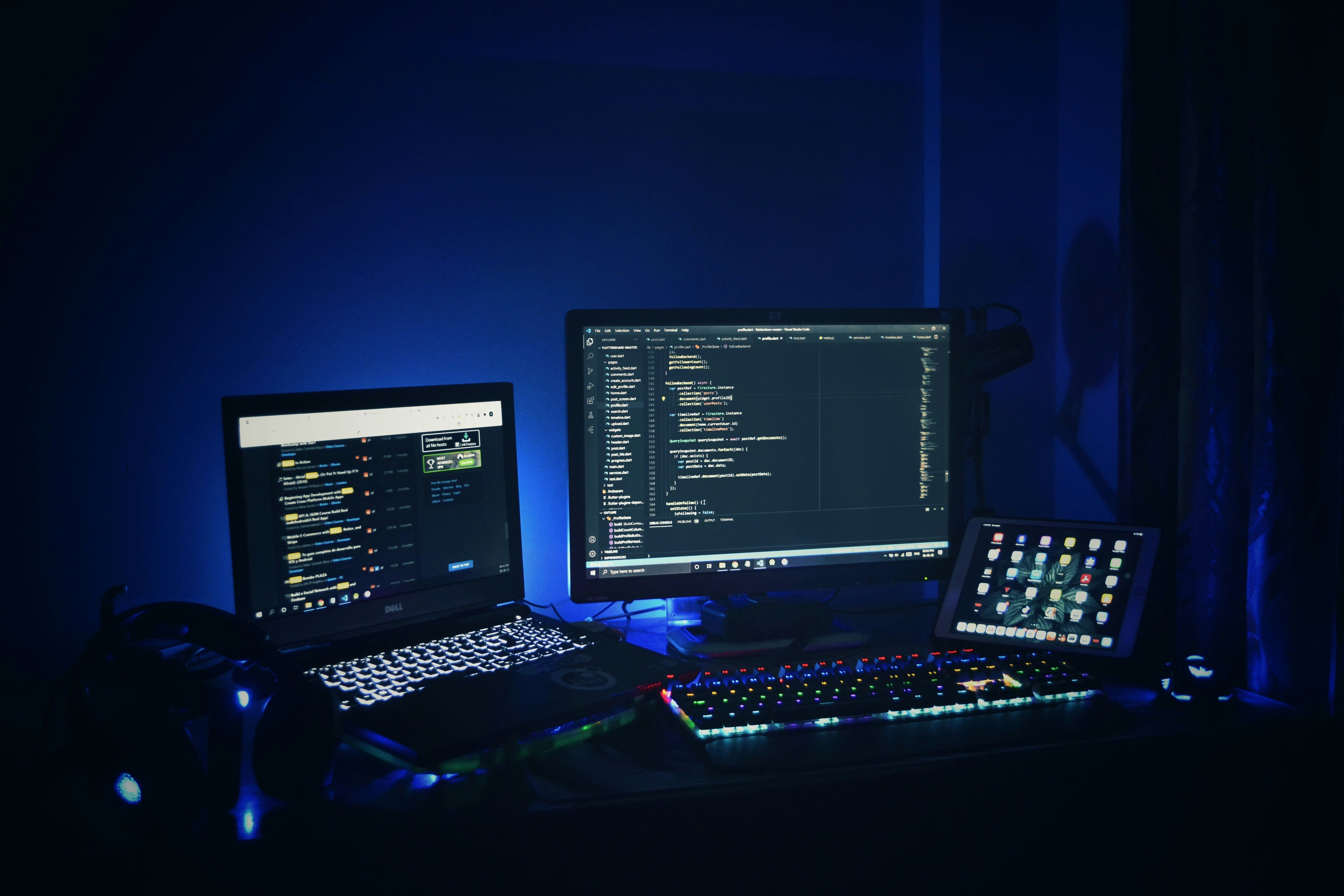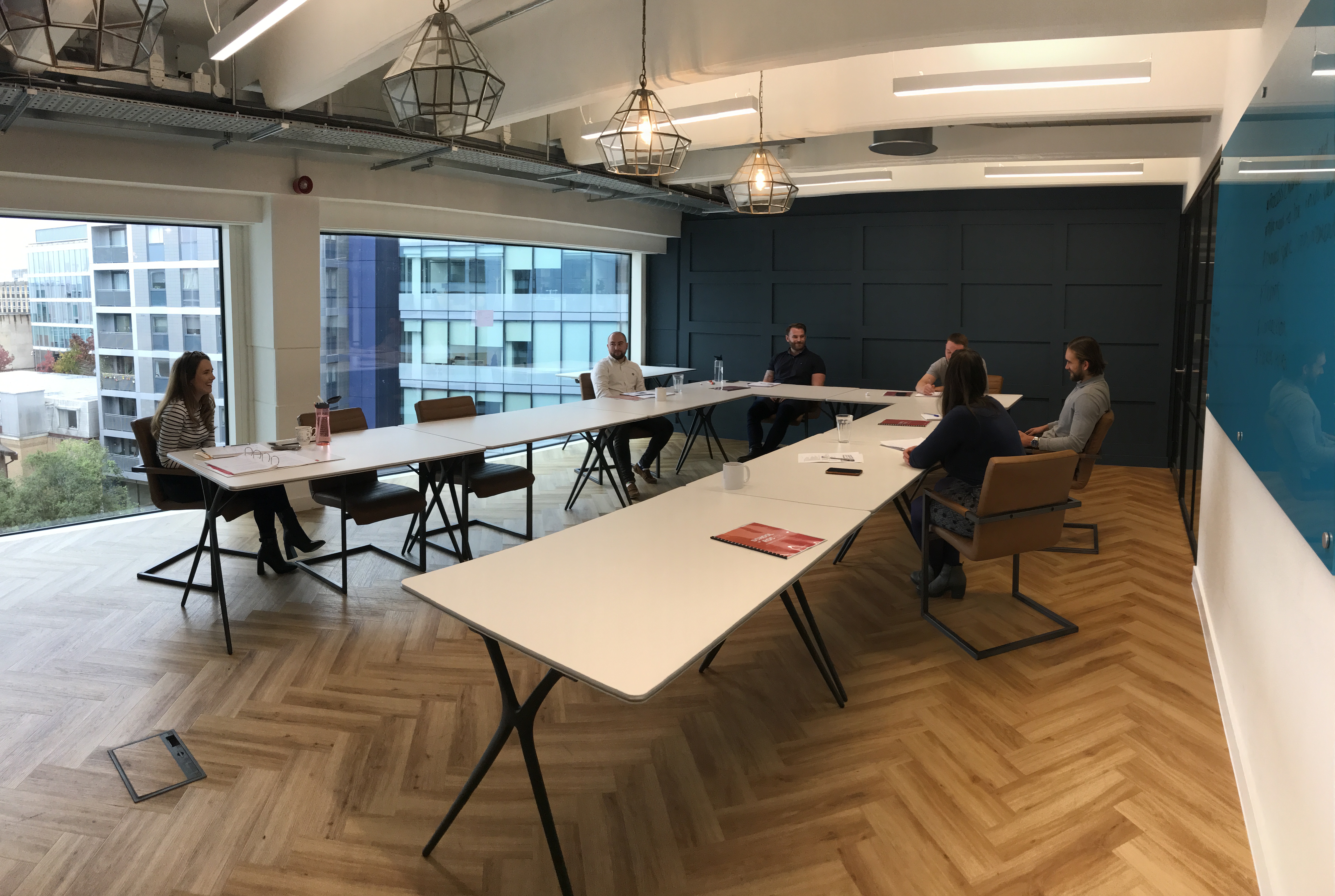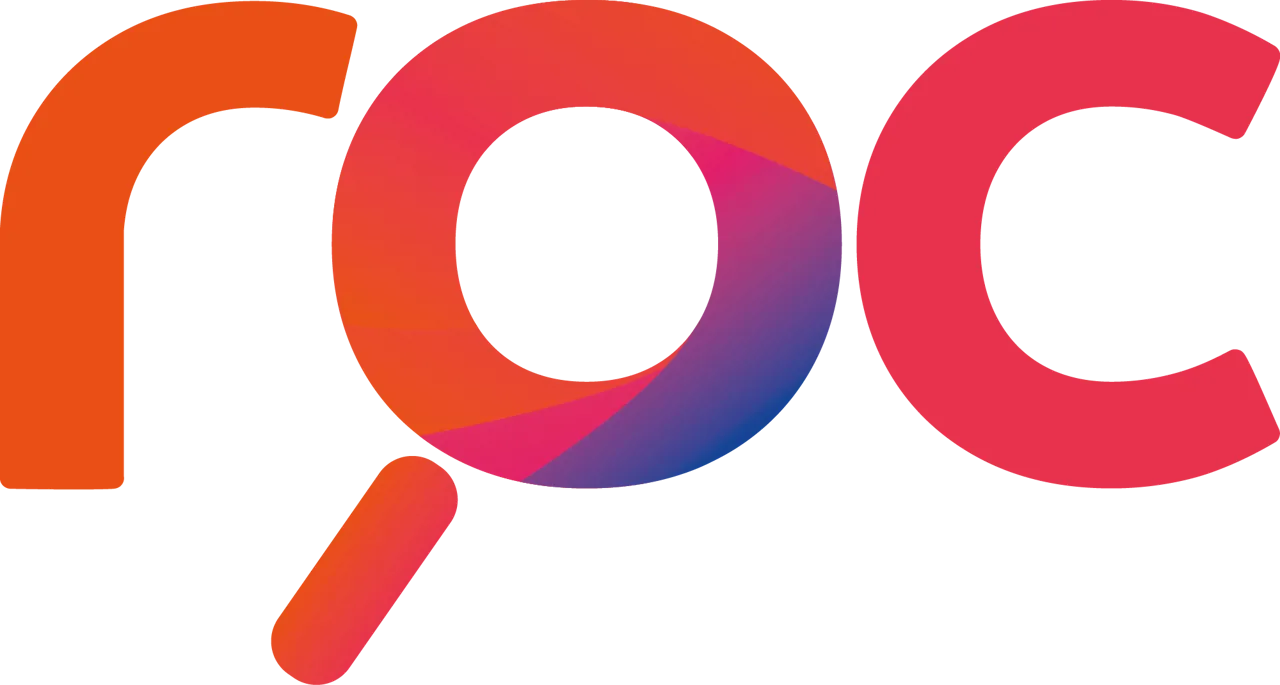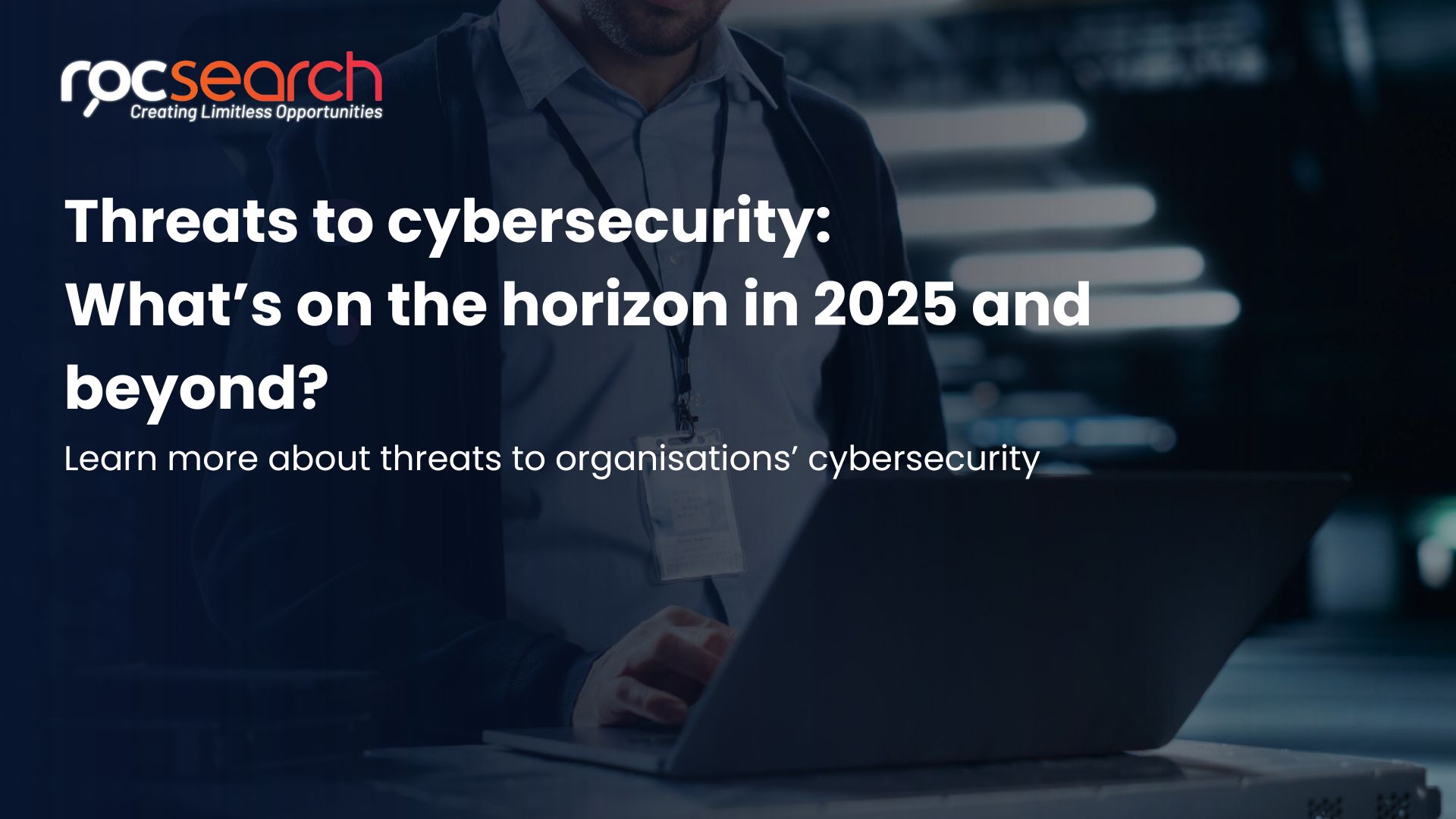
How COVID has changed our approach to training (for the better!)
20 Nov, 202010 minsAs coronavirus has put the brakes on traditional, in-person classroom training, businesses o...

As coronavirus has put the brakes on traditional, in-person classroom training, businesses of all shapes and sizes have been grappling with the same question: what on earth do we do about our workplace learning?
According to research by McKinsey, between March and June this year roughly half of all in-person training programmes in North America were simply cancelled or postponed. Across Europe, that figure was closer to 100%.i It’s an understandable reaction, given the pandemic came out of nowhere. But coronavirus is still with us and it’s not going away anytime soon – meaning businesses must learn to adapt. They have to put new measures in place to ensure employees continue to build essential skills and capabilities.
In this article, we explore how Roc Search has adapted employee training, and what we’ve learned from the experience.
How did we used to do training?
Like a lot of organisations, most of our training was delivered to large groups in a classroom setting. This worked fine, but as Alisia Hobbs, our very own head of training says, ‘It probably limited how much we encouraged our employees to think outside the norm. I think it’s fair to say we also didn’t consider all of the learning styles as much as we should.’
The pandemic changed all that, prompting us to rethink our workplace learning, find new ways to deliver training, and accelerate business changes. You could say the pandemic forced our hand, but (because we’re a cheery bunch) we prefer to think of it as giving us an opportunity to overhaul and improve our suite of training programmes.
So what’s changed?
Our training encompasses five main programmes that track to the career-long journey of a Roc Search recruitment consultant. Our flagship programme is the RocStar Academy –designed to give new recruitment consultants everything they need to get up to speed and start generating results, fast. This is where we decided to focus our initial attention.
Before the pandemic, the RocStar Academy was an intensive, one-week bootcamp-style course delivered to groups of incoming recruiters. Now, it has been transformed into a three-month induction programme delivered to smaller groups, using a mixture of technology and one-to-one support. (By the way, if you’re interested in becoming a RocStar recruiter, check out our recruitment training.)
We are now beginning to implement similar changes across the rest of our training programmes. In some cases, the changes may be relatively small to start with. For example, our Future Leaders course, a monthly session designed to help consultants develop their leadership skills, is for now being delivered as a half-day monthly Zoom session, accompanied by regular in-person, one-to-one meetings. But we’re exploring more radical improvements, in line with the RocStar Academy overhaul.
How is it going?
One month into the new, improved RocStar Academy, we’ve had more than a dozen recruiters join the course so far. And it’s going really well. Learner feedback is even more positive than before and Alisia says she is ‘proud of the results we are seeing … they’ve all really engaged with the programme.’
Beyond improved learner experience, our business has also benefitted in other ways, including having more versatile training material that can lend itself to a range of different scenarios, creating multi-skilled learning facilitators, and being able to give learners more attention due to the smaller groups.
And what about the downsides? Only one so far: we wish we’d done it sooner!
Drumroll … what have we learned?
Based on our experience, we have three pieces of advice for any business looking to adapt their training:
· Firstly, it’s highly unlikely you’ll be able to tackle all of your training programmes at once, so start by identifying your priorities (just as we did with the RocStar Academy). It takes time and money to adapt your training, so it’s really important to be strategic and use your resources carefully.
· Embrace digital learning options. Many companies have been slow to embrace remote or digital learning because they feel it can’t replicate the engagement of classroom learning. Our experience shows that’s not true. Adapting your training can mean simply switching to a virtual classroom environment (as we did with our Future Leaders course), or it may prompt a rethink of the entire training experience (as with the RocStar Academy).
· Finally, make it social. Learners still need human engagement and interaction so include social learning features such as discussion boards, virtual group projects and one-on-one coaching. We also found that having smaller learning groups is a good way to boost engagement and smooth the transition.
We hope all this helps you assess your company’s training needs. And remember, another way to close the skills gap in your organisation is to tap into Roc Search’s pool of talented contractors.
i Source: https://www.mckinsey.com/~/media/McKinsey/Business%20Functions/McKinsey%20Accelerate/Our%20Insights/Adapting%20workplace%20learning%20in%20the%20time%20of%20coronavirus/Adapting-workplace-learning-in-the-time-of-coronavirus-vF.pdf




